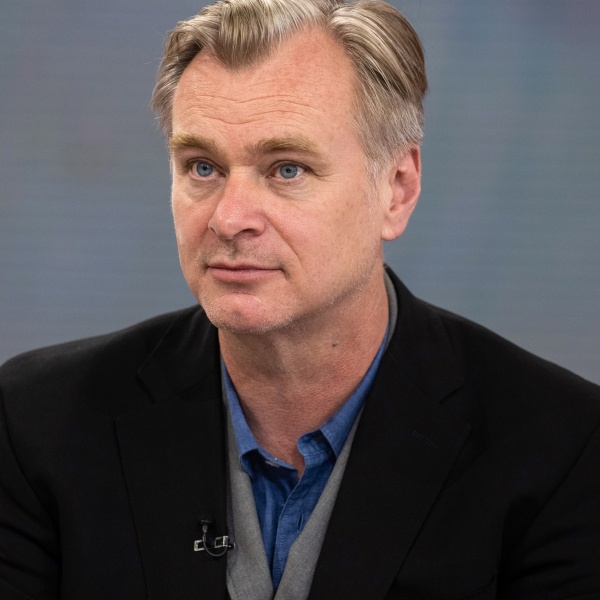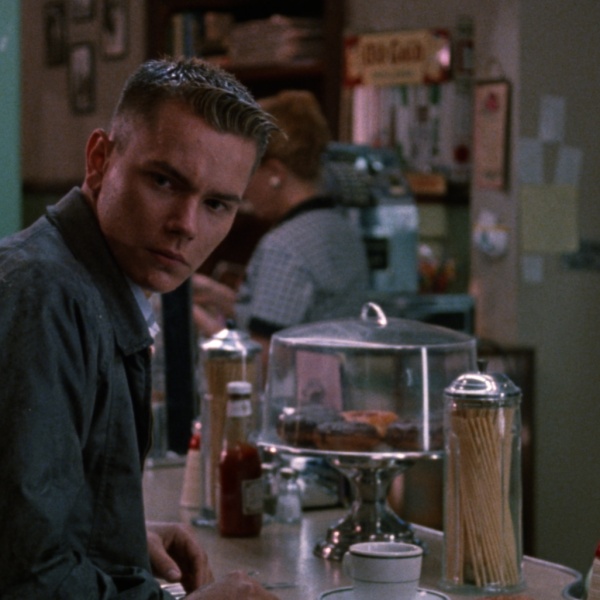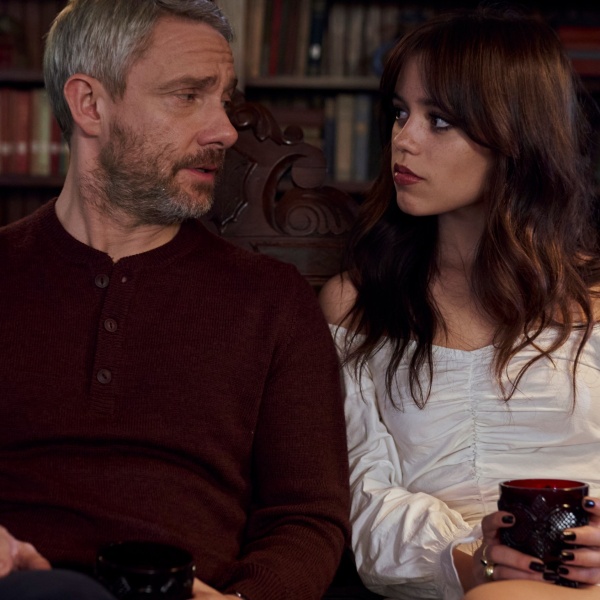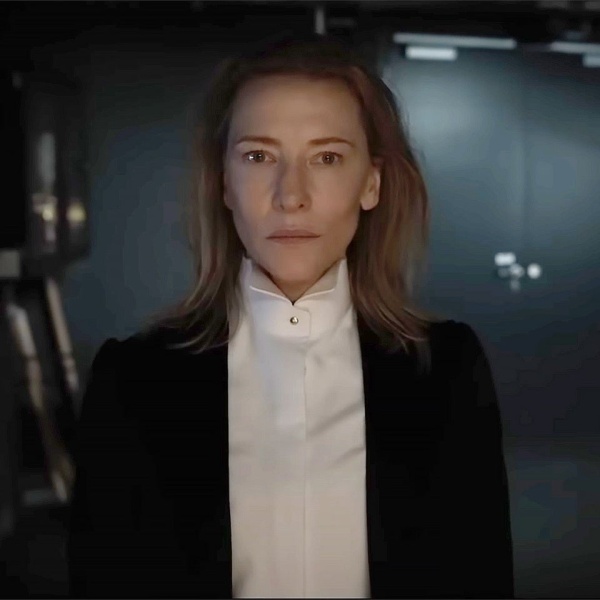Something has subtly shifted in Quentin Dupieux’s perspective, leaving the one-man-band of French cinema a rather different auteur than the anti-comedy punk that nearly stumbled onto the festival stage so many years ago. Chalk it up to maturity or to an impressive professional rise — reaching new highs this year with the opening slot at the Cannes Film Festival — but the director’s tone has softened and his targets have shifted, even as his working methods (and working ethic) remain set-in-stone.
Like a distant Gallic cousin to Wes Anderson and Hong Sang-soo (now there are two names you rarely see together), Dupieux has connected a distinctive voice into a well-honed system built for productivity, allowing him to write-direct-shoot-edit-and-score a new film every year. And sometimes, he finds time for two.
Within the past twelve months, he’s brought films “Yannick” and “Daaaaaalí!” to Locarno and Venice, and now steps into the brightest spotlight of his career as “The Second Act” opens Cannes. Whether intended or not, Dupieux’s latest title has an unmistakable double-resonance given the filmmaker’s turn from heel to face, beginning his ascent with a barrage of absurdist anti-comedies that found the greatest punchlines in audience expectations before his own second act, first letting the viewers in on the joke and then, surprisingly enough, acting as their advocate.
As in his two preceding works, “The Second Act” once again turns around questions of showbiz responsibility, asking what, if anything, performers owe to their audiences. Of course, this latest volley never gets too highfalutin’ about those inquiries, as neither pomp nor pretension figure into Dupieux’s toolbox. Instead, Dupieux wants to play silly, placing France’s most recognizable stars into a fourth wall-wrecking farce about a troupe of actors trying to escape a middling film.
Turns out that fourth wall was quite shoddily built, crumbling over the course of an opening tracking shot that finds David (Louis Garrel) asking a desperate favor to his buddy Willy (Raphaël Quenard, star of “Yannick”). As the conversation swerves disastrously off-script — veering into a tenor seemingly pulled from J.K. Rowling’s Twitter feed — the duo turn to acknowledge the camera. “You can’t speak like that,” Garrel hisses. “Do you want us to get canceled?”
The dialogue — and a subsequent, unwanted workplace advance — takes on a more jagged edge given the rumors now swirling about some of the performers’ off-screen behavior, and that is precisely the point. Though Vincent Lindon and Lea Seydoux round out the cast as “Guillaume” and “Florence,” all four leads are essentially playing caricatured versions of themselves, leaning into their biographies and public images to give a giant, loving raspberry to their shared profession.
In the threadbare film-within-a-film, “David” (whose claims of heterosexuality might be somewhat suspect) foists an unwanted crush on his friend “Willy,” arranging a meeting with the girl and her father (Seydoux and Lindon) at a dingy roadside diner. The meeting doesn’t quite go as planned, but then, it was never really supposed to, as the diner — named The Second Act — is nothing but a set upon which to stage a Theatre of the Absurd riff on Luigi Pirandello’s “Six Characters in Search of Author,” with barbs about #MeToo and Mel Gibson thrown in for good measure.
We take frequent and foolish pleasure watching the four charismatic leads brush up against one another while bristling against their assigned roles, with the film giving performer time to shine. As “Guillaume,” Lindon plays up his grumpy liberal persona, railing about the indignities of having to make-belief while the world burns around before quickly changing his tune when he gets a call from Paul Thomas Anderson. And in “Florence,” Seydoux finds a vehicle for underused comic chops, taking us step-by-step into the head of an actress on the brink of a nervous breakdown.
Mind you, that winking tone threatens a more mean-spirited dip when turned against a nervous day-player (Manuel Guillot) too overcome with stage fright to perform his simple scene. That is, until Dupieux pulls back the curtain further still to reveal that it’s all for play. With a barely-there narrative even by Dupieux’s own standard, “The Second Act” still wrangles a few winning reveals, building to a most savage (and, not for nothing, most contemporary) punchline reframing the film-within-a-film’s odd mix of banality and uncanniness in a hilarious new light.
Still, for all the star-power and self-aware winks (the title itself might very well be a joke, reflecting the fact that Dupieux’s premise-driven daydreams almost never have second or third acts), the film lacks the same go-for-broke invention found in recent career highs like “Daaaaaalí!” and “Incredible but True.” If actors’ egos and on-set doldrums are ripe subjects for satire, they may not be enough to carry a paltry 73 minute film.
Odd as it is, Dupieux might spread his generosity too thin, building a silly sandbox in which France’s biggest stars might play while playing coy with his film’s biggest draw. In that sense, Garrel, Seydoux, Quenard, and Lindon share a great deal with the humble audience in the stands: We all flock to Dupieux for a taste of his inspired madness. And on that front, “The Second Act” could use a second serving.
Grade: B-
“The Second Act” premiered at the 2024 Cannes Film Festival. It is currently seeking U.S. distribution.





